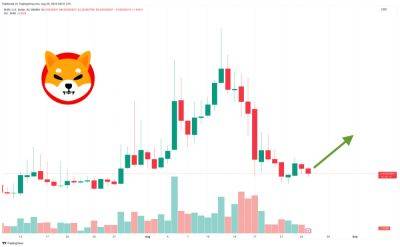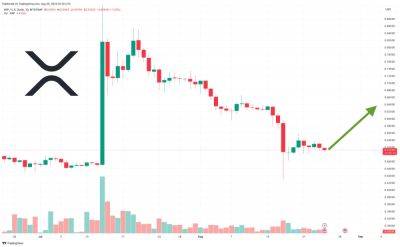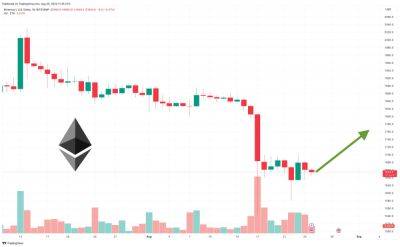U.S. IRS Clarifies Taxation on Crypto Staking Rewards
The United States Internal Revenue Service (IRS) has issued a ruling that clarifies the taxation of cryptocurrency staking rewards. According to Revenue Ruling 2023-14, released on July 31, 2023, crypto staking rewards must be reported as gross income in the year they are received.
Details of the Ruling
The ruling specifically applies to cash-method taxpayers who receive cryptocurrency as rewards for validating transactions on proof-of-stake (PoS) blockchains. This includes both direct staking of cryptocurrency and staking through centralized crypto exchanges.
The IRS defines dominion as the time when the investor controls and has the ability to sell, exchange, or otherwise dispose of the cryptocurrency rewards. The fair market value of the crypto rewards should be included in annual income and determined at the time the assets are received.
Background and Implications
Cryptocurrency staking is a process where individuals participate in the validation of transactions on a blockchain by holding and «staking» their cryptocurrency. In return, they receive additional units of cryptocurrency as rewards.
Previously, the IRS had subjected crypto-mining rewards to both income and capital gains tax but had no provisions for staking rewards. This new ruling treats crypto staking like stock dividends, according to Messari founder Ryan Selkis.
The ruling states: «If a cash-method taxpayer stakes cryptocurrency native to a proof-of-stake blockchain and receives additional units of cryptocurrency as rewards when validation occurs, the fair market value of the validation rewards received is included in the taxpayer's gross income in the taxable year in which the taxpayer gains dominion and control over the validation rewards.»
Read more on blockchain.news






















